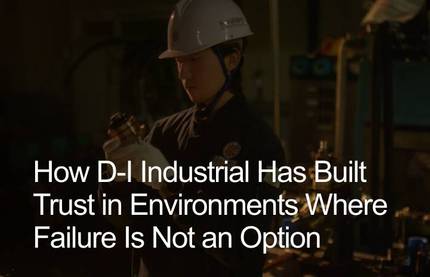Engine Room Fire Prevention Below Par Say Experts
Lessons are still not being learnt when it comes to preventing engine room fires according to Braemar SA (Braemar Incorporating The Salvage Association).
Following a review of incidents taking place in 2013, its regional director for Far East operations, Graeme Temple, says: “Last year we attended a significant number of engine-room fires - the industry is still experiencing far too many unnecessary casualties where flammable liquids in engine rooms are finding their way onto hot spots.”
He adds: “On many of the vessels I visit, these hot spots are only too easy to find, with thermal imaging photographs readily identifying these defects”.
Braemar SA says that, despite all the attention classification societies aim at fire prevention and protection design, potential problems must be detected earlier to ensure a fast and efficient first response. A crew has only limited resources available and time to prevent any problem escalating.
At any one time in a modern engine room there can be thousands of litres of flammable liquids circulating inside the pipe systems. Aside from the obvious risk to life, a ship fire is inevitably a very expensive, time consuming, property repair. Heat damage, firefighting effort damage, acid residues from burnt plastics, soot cleaning and painting all add up, leaving a cost which is extremely hard to control for all involved.
According to IACS rules and after 1998, also SOLAS Ch II-2 Reg.15.2.10, all surfaces above 220 deg C must be insulated or protected in order to prevent ignition of flammable fluids. However, there appears to be a continuing neglect of areas where flammable liquids can escape from high pressure (HP) and LP (low pressure) fuel, HP and LP lubricating, purifier and fuel valve cooling systems.
Mr Temple stresses: “In reality basic maintenance is all that is required. Engine room crew should carry out regular inspection of pipes and associated fittings; they should refit brackets and lagging when carrying out maintenance; leaks should be repaired quickly before a drip becomes a spray; spares for HP fuel pipes should be available, and leakage alarm systems should be tested regularly. Prevention is as straightforward as that.”
About the company
Braemar (Incorporating The Salvage Association) is a leading international marine surveying and technical consultancy, operating from a worldwide network of offices. The company incorporates the casualty expertise of The Salvage Association.
The company carries out casualty work on behalf of Hull & Machinery, P & I, Liability and Cargo insurers including surveys of incidents affecting every type of vessel from yachts to the largest ULCC and the most complex LNG or chemical carrier.
















